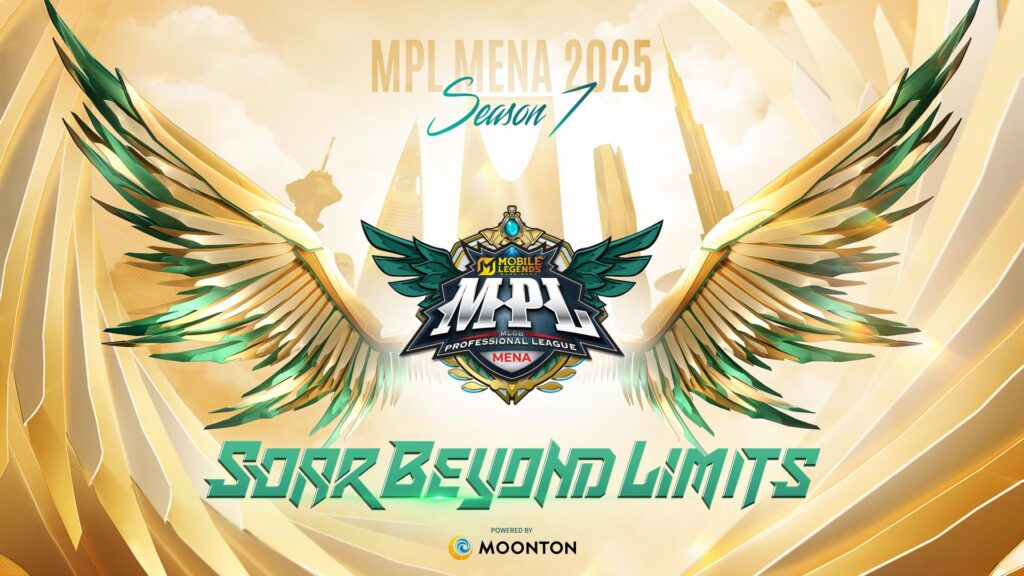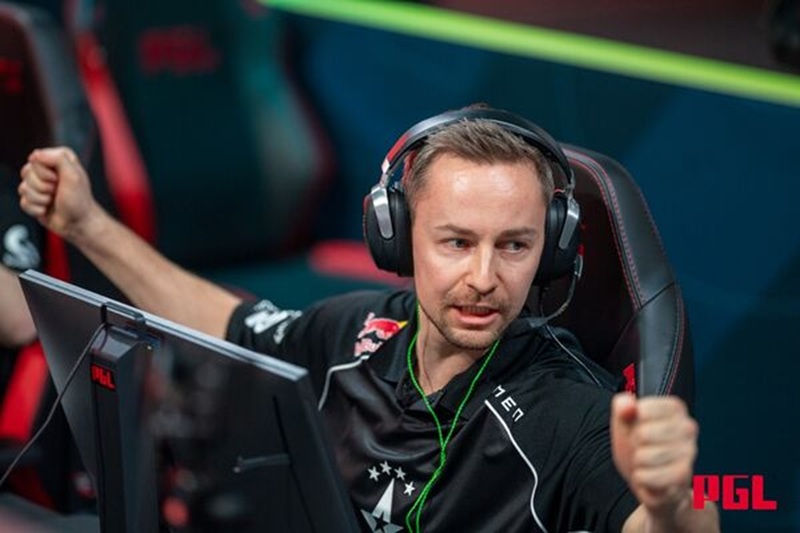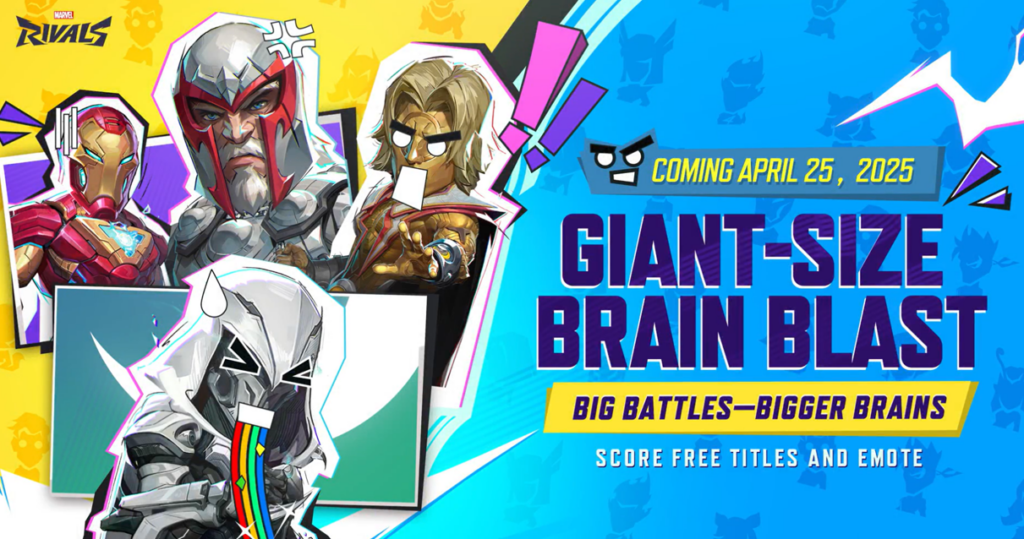
Warhammer 40,000: Space Marine 2 Dev Says Big Budget Games Are Failing in Part Because Teams Are Over-Scoping Their Projects
Concord. Suicide Squad: Kill the Justice League. Star Wars Outlaws. Final Fantasy 16. The list of big budget video game failures is growing longer each month, with triple-A publishers struggling to make a dent in the dominance of older, more established players in this most brutal of markets.
Throughout it all, massive hits come out of nowhere. One of those is Warhammer 40,000: Space Marine 2, developed by World War Z and SnowRunner studio Saber Interactive and published by Focus Entertainment.
Of course, Space Marine 2 benefited from the strength of the Warhammer 40,000 brand, which is carefully managed by Games Workshop and about as big as it’s ever been. But still, Space Marine 2’s breakout success came as a surprise even to its developer, as Saber Chief Creative Officer Tim Willits told IGN in a recent interview.
As the video game industry comes to terms with the high-profile failure of the likes of Concord and Suicide Squad, what enabled Space Marine 2 to succeed? Both Concord and Suicide Squad took years to develop at the cost of hundreds of millions of dollars, and launched into genres some say gamers had long since moved on from. In some respects Space Marine 2 is similar. It is Saber’s biggest ever video game undertaking and took over four years to develop — a significant cycle as far as triple-A production goes although, as we’ve seen with Concord and Suicide Squad, hardly an outlier.
Indeed we’ve seen huge hits from video games that had similarly long developments. Arrowhead’s Helldivers 2, the fastest-selling PlayStation Studios game of all time, took just shy of eight years to develop and at significant expense. It is an oversimplification to say Concord and Suicide Squad’s long developments were the root cause of their failure, although they clearly played a big part.
A lot of games are released with high budgets, and they’re not selling nearly as well as expected.
This week, Epic Games boss Tim Sweeney said the games industry was going through what he called a “generational change” that had led to some games failing to sell as well as their publishers had hoped.
“One of the manifestations [of that change] we’re seeing right now is that a lot of games are released with high budgets, and they’re not selling nearly as well as expected,” Sweeney said. “Whereas other games are going incredibly strong. What we’re seeing is a real trend where players are gravitating toward the really big games where they can play with more of their friends.”
That reads as a somewhat ill-advised dig at single-player games, or at least their sustainability as triple-A projects. Yes, Space Marine 2 and Helldivers 2 are boosted by their co-op play, but single-player games continue to sell in record numbers. Just look at FromSoftware’s Elden Ring and Game Science’s Black Myth: Wukong — both predominantly single-player games.
Willits has his own theory on what’s happening. Speaking to IGN, Willits said that the problem isn’t necessarily that triple-A games take too long to develop and thus launch into already abandoned genres. Rather, Willits believes, triple-A developers are tending to “over-scope” their games, which in turn means they fail to do any one thing brilliantly.
For Space Marine 2, Willits explained, Saber made sure to nail the core combat and kept a handle on the scope of the game, so much so that some have praised it for rekindling memories of the Xbox 360 era of action games.
“It is not necessarily the genre that has moved on, because great games will always do well,” Willits insisted. “One of the things that we try to do at Saber, and this is part of my job as creative officer of all the teams, we have a core belief that what you do every second and what happens when you push these buttons and that core gameplay loop is so critical. So we focus on the moment-to-moment interaction in the gameplay and the feeling you have.
“And then we adhere to our core pillars, like be the ultimate Space Marine, melee, ranged, swarms, that’s it. And a lot of teams throughout development will over-scope games. They look at some other game that just came out and say, ‘oh, we got to do that, let’s add this, we got to do this.’ And they lose focus on the core, what actually makes the game fun.
“We are not in Space Marine 2 doing things that… well, the swarms are new technology, but there isn’t some revolutionary new gameplay mechanic that no one’s ever seen before. There are gameplay mechanics that people are familiar with, but we do it really, really well. And we execute really, really well.”
What business are we in where you fail if you sell less than five million?
Then there’s the question of the cost of development, which pretty much every triple-A publisher has said has risen sharply (once again) with the launch of the latest generation of consoles. Development costs, Willits said, have got so out of control that some triple-A games, especially those in U.S. states such as California, now have unreasonable sales expectations set against their budgets. Saber, Willits insisted, developed Space Marine 2 “affordably,” with a budget less than half that of Doom Eternal, the last game Willtis worked on while boss of id Software before leaving to join Saber in 2019.
“We don’t need to sell four million units to make it [Space Marine 2] a success,” Willits said. “There are many games, sadly, especially out of North American developers, where if you do not sell five million copies you are a failure. I mean, what business are we in where you fail if you sell less than five million?”
He continued: “There are examples like that, and we do not want to be that business. We want to be a developer that focuses on the core experience, what makes the games actually fun, and then do it really well and then make it affordably.
“Look at SnowRunner! Dude, SnowRunner is literally driving trucks through mud. That’s it, I’m done. I just described the game. 15 million people played it because the experience is perfect. Look at World War Z. Like, come on, we’re not going to get an Academy Award for that game, but 25 million people have played it because it’s just this perfectness, and that’s what we do well.”
Even with Willits’ over-scope argument in mind, there are exceptions to the rule. Consider Larian’s Baldur’s Gate 3 which, including its successful early access period, was in the works for around six years before its record-breaking launch in 2023. Predominantly single-player and with a “Rockstar-level nonsense for scope,” as one developer put it.
What to make of all this? Perhaps all we can say is that video game development is super hard and not an exact science. If it were, every game would be successful.
Willits had previously told IGN that the success of Space Marine 2 “changes everything” for Saber, and would even positively affect its future projects.
While neither Saber nor Focus have announced a sales figure for Space Marine 2, Focus has confirmed over two million played at launch. In fact, Space Marine 2 is the most-played Warhammer video game of any type ever released on Steam, with 225,690 peak concurrent players on Valve’s platform.
Willits won’t go into hard numbers for Space Marine 2’s success, either in revenue or profit terms, but he has gone on the record to say Space Marine 2 is the fastest-selling game he’s ever worked on, and that includes all the Doom, Quake, Wolfenstein, and Rage games id Software released over the 24 years he was at the studio.
Wesley is the UK News Editor for IGN. Find him on Twitter at @wyp100. You can reach Wesley at [email protected] or confidentially at [email protected].








